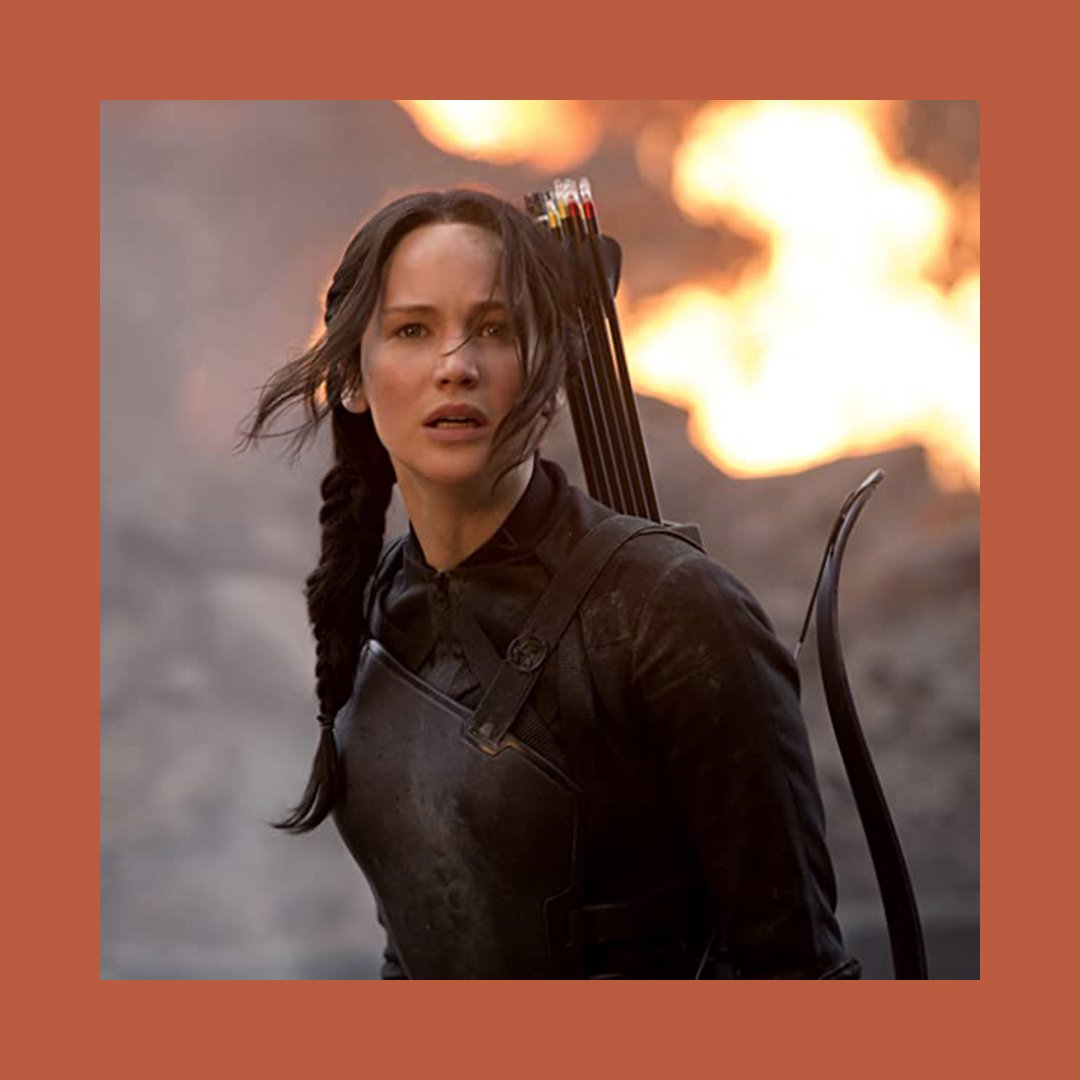We Probably Shouldn’t Be Surprised That Teen Dystopian Movies Have a Chokehold on Gen Z
By Katianna Manakis
Image: Lionsgate
Teen dystopias are having a moment. For a few weeks now, my TikTok feed has been filled with fans making like it’s the early 2010s by posting Maze Runner edits and rocking out to Cesar Flickerman’s theme.
The last time teen dystopian movies were this popular, it was 2014. That year, four major movies in this genre—The Hunger Games: Mockingjay Part 1, Maze Runner, Divergent and The Giver—hit theatres, grossing a collective $1.4 billion ($755 million of that from The Hunger Games alone). This year? Aside from an announcement that the long-awaited Hunger Games prequel, A Ballad of Songbirds and Snakes, will hit theatres this fall, there are no new teen dystopian movies to speak of… but you’d never know that from social media.
And that’s actually not surprising. Here’s what’s behind this trend, which creators on the platform have dubbed the ‘Hunger Games Renaissance.’
Netflix plays a role
Part of the renewed interest in this genre likely stems from Netflix’s March 1 announcement that all four Hunger Games films would be available on the streaming platform for the entire month to celebrate the 11th anniversary of the first movie’s theatrical release. This likely reminded old fans how much they loved the franchise and drove discovery for new audiences—many of whom responded by heading to TikTok to create content around the movies.
This is yet another example of the power of nostalgia
Most of these movies came out in the mid 2010s, and the majority of the books they’re based on were released in the late 2000s, when Gen Z was between the ages from 9 to 14. To put it bluntly: strong lead characters were a major part of our development, and now that we’re entering adulthood, we’re primed to reminisce about our old role models. And once people remembered how inspiring they found Katniss Everdeen, it didn’t take much of a logical leap to think about Divergent’s Beatrice ‘Tris’ Prior, for example.
We really need stories about changing the world right now
Over the past few years, we’ve had many open conversations about racial injustice, including systemic racism targeting Black and Indigenous people and rampant voter suppression in the U.S. We’ve also seen a wave of American legislation that infringes on people’s reproductive rights and bodily autonomy. And, there have been more than 200 new bills proposed in America this year alone that aim to limit the rights of LGBTQ+ people, mostly aimed at banning trans people from playing sports, using the bathroom that corresponds to their gender or receiving gender affirming healthcare. And, these discriminatory ideas are spreading in Canada, too. To be blunt, society feels precarious.
But these much-loved stories offer us a game plan, or at least a sense that we can make a difference. I’ve always looked up to Katniss—she is smart, strong and would do anything for the people she loves. She was forced to make hard choices for the greater good but she always tried to do what was right. And, like the other protagonists in teen dystopian movies, she couldn’t change her world without the support of her friends and community. These movies taught us to be strong and principled, but they also showed us it’s okay to ask for help and be helped.
It was inspiring to see strong, smart young women save the world when I was 13. I desperately wanted to be even a fraction as cool as they seemed. And this month, I realize that I never really stopped feeling that way. The difference is, now that I’m in my early 20s, I know that’s a lot more complicated than it seemed when I was a kid, sitting in a theatre, eating popcorn and wishing I could be as strong as Katniss. But I’m still glad for the reminder that young women are more powerful than we realize—and that I have a responsibility to stand up for what’s right and those who cannot.

